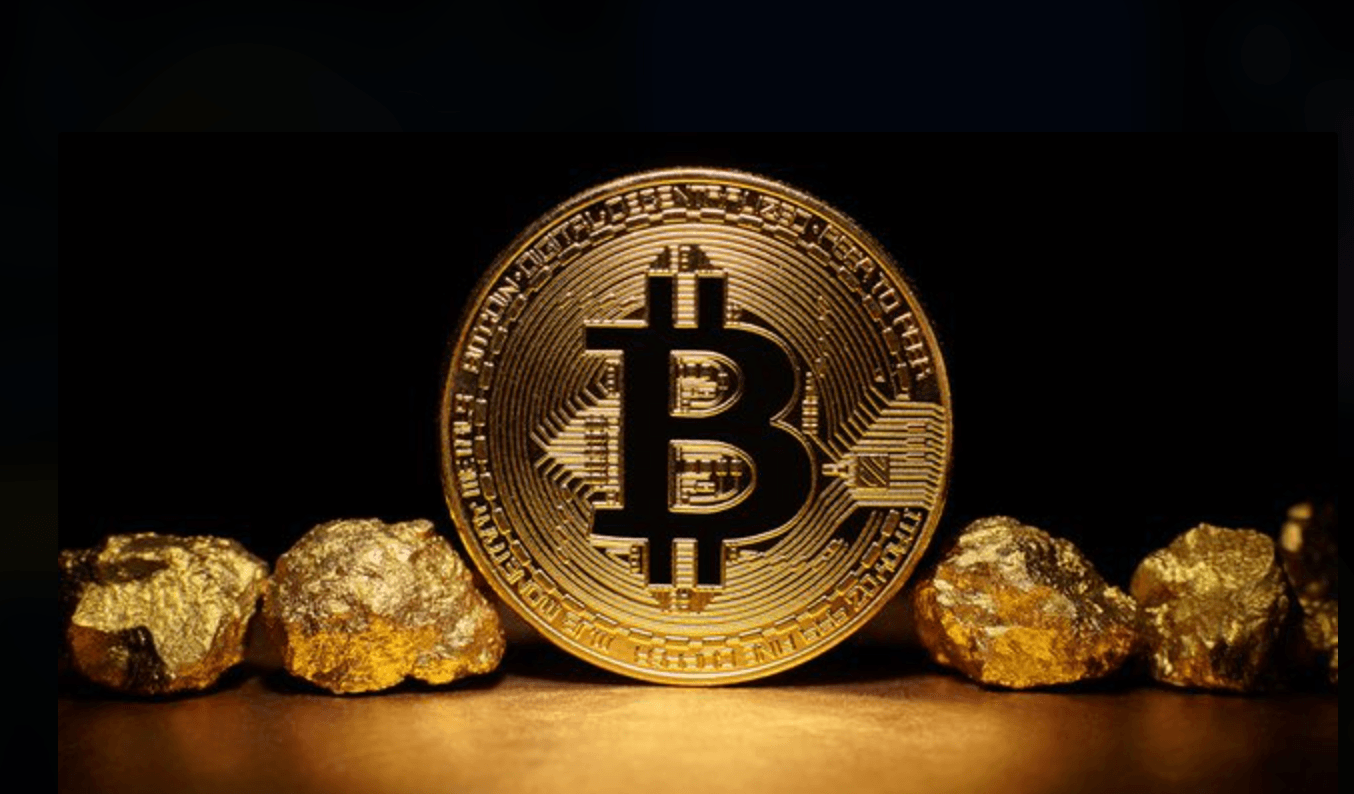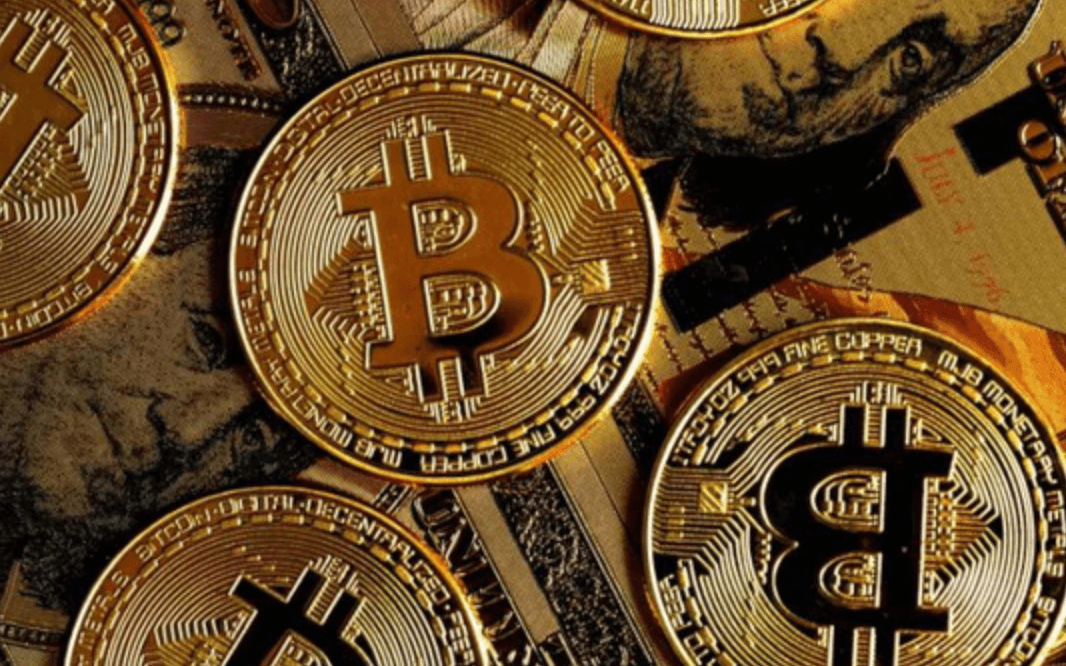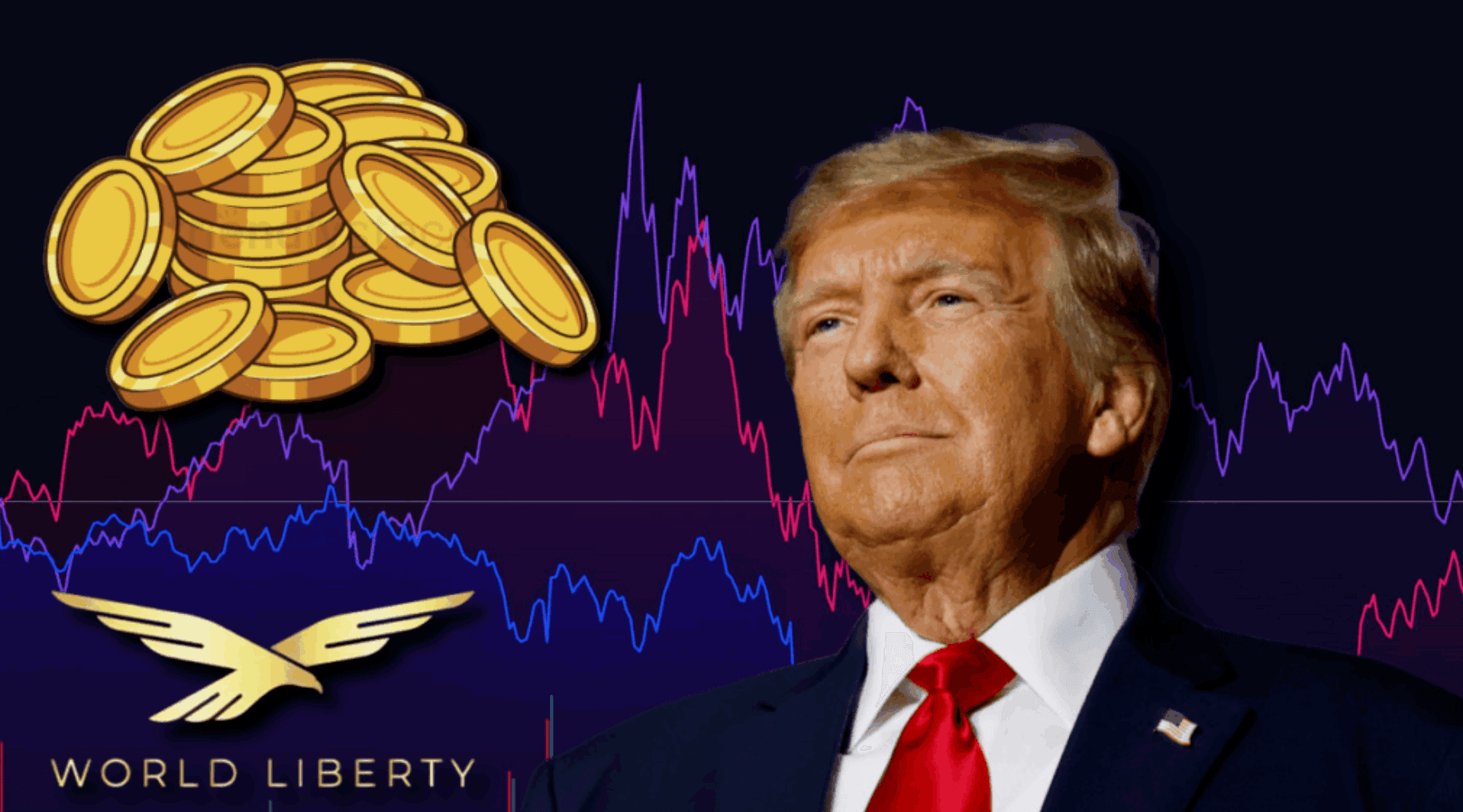Block Joins S&P 500: Bitcoin Treasury Company Signals Crypto's Blue-Chip Evolution

Jack Dorsey's Block just earned its S&P 500 invitation, dragging approximately 8,500 bitcoins behind it like a crypto-enthusiast uncle showing up to a family dinner with unsolicited investment advice. The former Square, now sporting a rebrand as minimalist as Dorsey's Twitter bio, becomes only the second crypto-adjacent company to crack the index's exclusive club, following Coinbase's May entrance.
Block's stock surged over 10% on the announcement, proving that sometimes the market's most powerful force isn't innovation—it's mandatory inclusion in index funds.
The Numbers Game: When $45 Billion Buys You Respect
Block's $45 billion market cap easily clears the S&P 500's unwritten "you must be this tall to ride" requirement, despite the company's complex relationship with volatility. The fintech giant generated $24.1 billion in revenue in 2024, proving that sometimes you can build an empire on small merchants who just want to sell coffee without wrestling with archaic payment terminals.
This isn't your typical index addition. Block holds about 8,500 bitcoins worth roughly $500 million at current prices, ranking as the 11th largest public Bitcoin treasury company. That's digital gold sitting on their balance sheet, fluctuating in value like a cryptocurrency version of "The Price is Right" spinning wheel—except the consequences affect quarterly earnings reports.
Unlike Coinbase, which operates as a pure crypto exchange, Block represents something more intriguing: a diversified fintech company that happens to believe in Bitcoin. This distinction matters because it broadens the definition of what constitutes a crypto-adjacent S&P 500 member.
How We Arrived at This Financial Fever Dream
Block's journey from payment processor to S&P 500 darling reads like a fintech fairy tale written by someone who actually understands technology. Starting as Square, the company solved the ancient problem of small businesses losing sales because "our card reader is broken" became a socially acceptable excuse.
Then came the expansion: Cash App turned peer-to-peer payments into something your grandmother could master, while maintaining enough sophistication that actual adults use it for stock trading and Bitcoin purchases. Add Afterpay's buy-now-pay-later magic, and suddenly Block controls multiple segments of the "how money moves" ecosystem.
Just one step to unlock the rest of this article
Sign in to read the full article and access exclusive content
✨ Completely free • No credit card required




